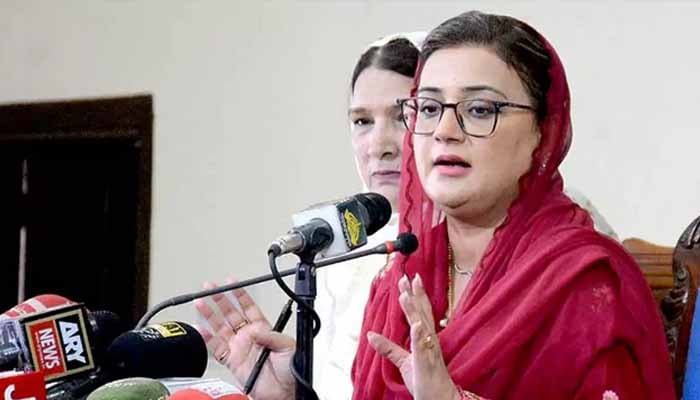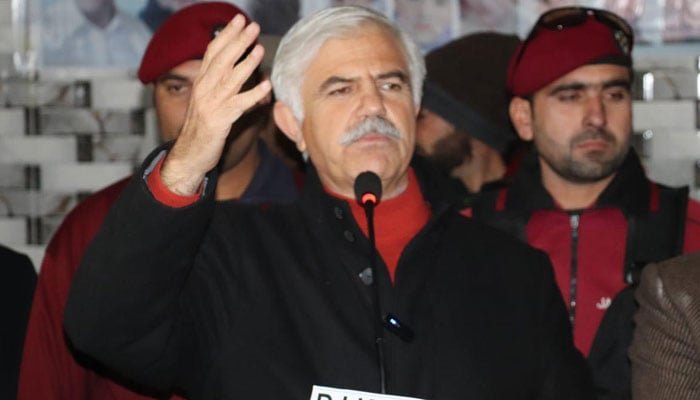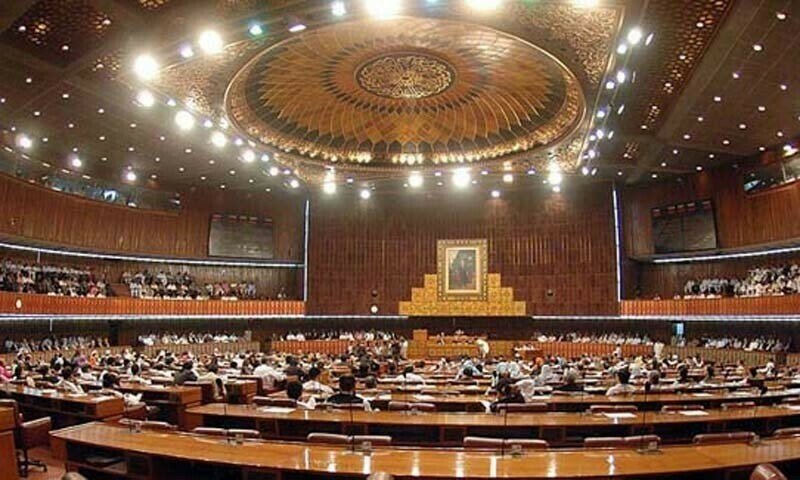During a discussion on Geo News program “Naya Pakistan,” Azma Bukhari, a leader of the Pakistan Muslim League-Nawaz (PML-N), stated that the decision to provide free electricity would be made after reviewing the conditions set by the International Monetary Fund (IMF).
Bukhari acknowledged the significance of Maryam Nawaz potentially becoming Pakistan’s first female Prime Minister, expressing pride in this prospect. She mentioned that upon assuming office, Maryam Nawaz would prioritize providing a roadmap regarding health cards in her first speech.
Asserting that challenges exist, Bukhari affirmed Maryam Nawaz’s leadership under the guidance of Nawaz Sharif. She highlighted the learning curve for political workers, emphasizing Maryam Nawaz’s youth program initiative as an example of her innovative ideas.
Bukhari argued against the notion of running the government through the bureaucracy, asserting that the influence of bureaucrats in governance is erroneous. She envisioned Maryam Nawaz forming a cabinet comprising both experienced individuals and energetic youth, with herself and other women supporting Maryam Nawaz in advisory roles.
Addressing the issue of free electricity, Bukhari stressed the need to evaluate the IMF’s program conditions before making any decisions. This indicates a cautious approach by the PML-N leader, recognizing the importance of fiscal responsibility and adherence to international agreements.
Bukhari’s statements underscore the complexities of governance and the balancing act required in policy-making, especially concerning economic matters. Her remarks also reflect the ongoing dialogue within political circles regarding the implementation of populist measures versus fiscal prudence.
The discussion highlights the importance of informed decision-making in economic policy, considering external factors such as IMF agreements. It also illustrates the role of opposition leaders in scrutinizing government policies and advocating for responsible governance.
Ultimately, Bukhari’s stance on free electricity demonstrates a commitment to assessing policy implications thoroughly, ensuring that decisions align with broader economic objectives and international commitments. It remains to be seen how the government responds to these considerations and balances the demands of governance with the expectations of the electorate.



